

So, if two whole articles on the subject didn’t make it clear enough, let me just say it: online gaming in Japan isn’t popular on PC. It’s not just a language issue, but a cultural one, both in terms of overall Japanese culture and specific gaming culture. While trade and government issues prevented Japan from really pushing their consoles to their neighbors, Korea, China, and many other South East Asian countries joined Europe, the Americas, and Australia for PC gaming awesomeness.
And yet, Japan has eSports. No, they’re not even 10% of the mega-sized events you may see in America or South Korea, but they’re present. I even watched a rather big League of Legends tournament match out here earlier this year. LoL is the game that brought me into the MOBA genre and made me much more aware of the eSports scene, so it felt fitting that it should be (what feels like) Japan’s jumping point as well. However, it’s a long and bumpy road, not just to promote the event, but to get eSports accepted as a both a form of entertainment and a lifestyle for its athletes.
Update: Thanks to Reddit user SailorMint for helping to keep this article up to date.
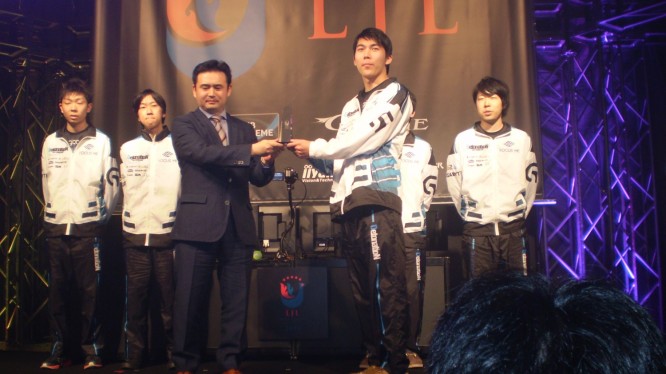
That subheading isn’t a trick question. When I first heard the term “eSport,” I wondered, “What’s the difference between this and just getting paid from tournaments?” It’s the question I posed to many of sources, and I feel like I never got a consistent, straight answer. For the purpose of my article, we’re going to use the following as a definition based on my own western view of eSports which fellow non-Japanese here in Japan often agreed with:
eSports are any virtual game played by people who are paid to play the game for a living (which we will refer to as “virtual athletes”) that has publicly broadcasted, competitive matches. Virtual athletes do not just make a living from tournament winnings, but from a full time salary paid for by a sponsor. If a game has virtual athletes who can get a visa from the US government for being an athlete, the game’s competitive scene qualifies as an eSport.
Again, this is from a more western perspective. To Japan and those invested in Japan’s eSports scene, this might be difficult and/or different. For example, Wargaming only told me about their plans for World of Tanks ‘ overall plans to promote eSports in general: providing players with their own path to be paid by the Wargaming.net should they make the proper ranks, hosting WoT tournaments with cash prizes, and Wargaming’s own desire to foster their community. Akihabara Esports Square promotes eSports as well, but hasn’t defined what they are, and only focuses on LoL. CyAC, a Japanese competitive gaming organization that’s hosted events for awhile, described eSports as “any game that is played competitively as part of a tournament, with or without prizes.”
That last description is a bit tricky though, since, historically, there’s a large portion of fighting game pros who do not like being associated with eSports. I was told by CyAC, who considers itself as a leading company promoting eSports in Japan, not to worry about the definition since the word here is so new that most Japanese gamers have no idea what it is. That is, in Japan, anyone who calls themself an eSports organization can be considered part of the eSports movement here; largely, they’re organizations that broadcast their events and have small cash prizes, with winners possibly moving on to international events against virtual athletes.
The scene is so small that strict definitions don’t seem to matter just yet, so anyone using the term at least helps popularize the basic concept out here: playing in tournaments to win cash. That means groups of console shooters or arcade gamers who host small, broadcasted, loosely organized tournaments with just $100 cash prizes for the victor can be part of the eSports scene here. Just the same, we can’t keep trying to sell baked goods without deciding to advertise them as cookies or cakes, right? There is a divide here, at least between western and Japanese thought. If the fighting game community (especially in the west) feels they’re not part of the esports scene, we have to look at why.
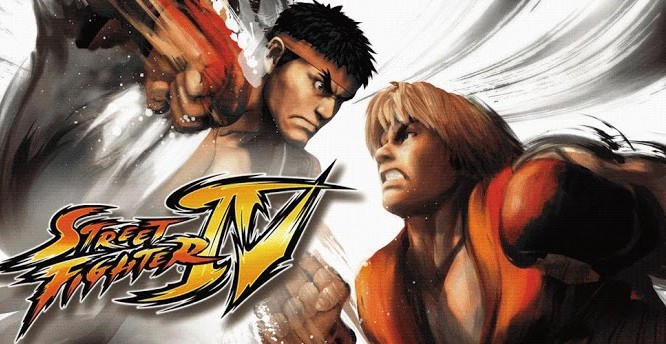
There is a very long article about the difference between the fighting game community (in the west) and the eSports scene in general, with the key points being about the arcade origins of the fighting game scene. This may be important in unravelling the situation with eSports, especially in Japan. As my previous article mentioned, arcade games are still big here in Japan, bigger than PC gaming. Earning the “right” to play and to keep playing is at the core of player interaction in the arcade setting. At least in the west, there are a lot of fighting game players who are more used to being in their own arcades, laughing and smack talking with friends, not being center stage where a national audience may hear some rather foul language, or causing a distraction for people who pay good money to see the event in person.
This, however, isn’t a problem with the arcade games in Japan, but slightly related. Fighting games are Japan’s players’ speciality. Even if the western fighting game community were to pull itself together, it gets little to no support from Capcom, generally regarded as one of the biggest players in the world of fighting games. As mentioned in an article by PC World, Capcom of Japan simply doesn’t care to help lead events the way Riot and Blizzard have***. Supposedly, there are some gambling laws that may prevent this as well, but none of my sources could confirm or deny this.
Nintendo doesn’t help this either. While popular, Nintendo bills its Smash Bros series as being an intermediate fighter, not one for pros. Though one organization, Team DetonatioN, tries to support the Smash Bros scene, they only house and pay their League of Legends players; the other teams part of the DetonatioN organization seem to simply get sponsored by them. For example, if you look at their official team roster, you’ll see that there is only one member of their Smash “team.” Only their LoL team, “FocusMe,” are salaried professional athletes. Nintendo certainly has the the ability to create events, as they recently proved, but haven’t really made a strong effort to do so for Smash. Again, this is another example of a Japanese game company choosing not to support their fighting games beyond simply being an occasional tournament event, not a sport.
What we’re left with is Japan’s most skilled gamers, known internationally for their abilities, having no home support for their hobby, so it stays as a hobby. Granted, fighting games tend to be one on one matches, so I can’t imagine seeing a lot of teams organized for this, but Daigo Umehara, a famous Japanese fighting game pro, made some legendary plays, one being impressive enough that even Capcom took notice and made a training session based on his legendary parrying skills in an iteration of Street Fighter 3. Sadly, while Daigo did make good money from tournaments, and had an endorsement deal with Mad Catz, I don’t think he has a sponsor. In that way, he doesn’t seem like an eSports athlete. This may sound extreme, as Umehara has participated in broadcasted esports tournaments, but if companies and the government both look at the scene primarily as one that requires it being a profession (hence the “pro“), we’re making the distinction for the sake of argument, not to disparage The Beast.
All of this is to say that, despite being considered eSports in Japan, despite hosting tournaments, and despite having famous players in their community, in this article, from a western perspective, we are not going to consider fighting games as part of the eSports movement. Most companies’ preoccupation with the ability for people to play games as a profession is the message I picked up on the most, both from game companies, organizers, and the (few) professional teams out here. I tried directly asking this to all my sources, but getting a solid confirmation that esports includes the fighting game genre was often met with answers that avoided the question entirely (even from esports teams). Only CyAC suggested fighting games should be included, but there’s a reason for this which we’ll discuss later.
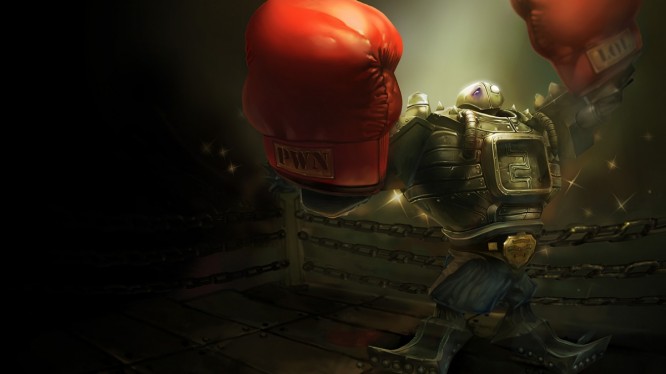
Now, some people may find the definition I used to be quite arbitrary. Other people’s definition may vary, or people may disagree, and that’s fine. This is simply the term I came up with after talking to various gamers, both Japanese and international, casual and professional. Some may question the need for a definition, but as you’ll see in future articles, having at least a general idea of what we’re defining as an eSport helps us to see how the culture is growing and how both fans and businesses are interacting to support and develop the Japanese eSports scene. In fact, our next article will be covering how organizers and athletes are dealing with (or ignoring) aspects of the fledgling community that’s slowly being cultivated in what feels like different directions.
***Update: While Capcom and Nintendo have since begun to support the fighting game scene, this article’s first draft was written prior to this update. However, despite this change, the fact remains that the only gamers paid full time in the scene are all on Team MadCatz, a grand total of three players. While no one can really doubt their skills, it’s always been my impression that Team MadCatz was mostly about product placement, paying players/personalities who essentially work on their own rather than as a team with their own coach, staff, and full time employment the way virtual athletes in other countries are housed (aside from Team Propain, though they organized themselves before getting sponsorship). We’ve reached out for a comment from MadCatz and will update this once we hear from them.
In short, three individuals on the same team who work full time as pro gamers in a scene that has only very recently gotten official support don’t make a scene, as will be discussed in the next article which talks about the strains the MOBA and RTS community deal with as organizations and paid teams.
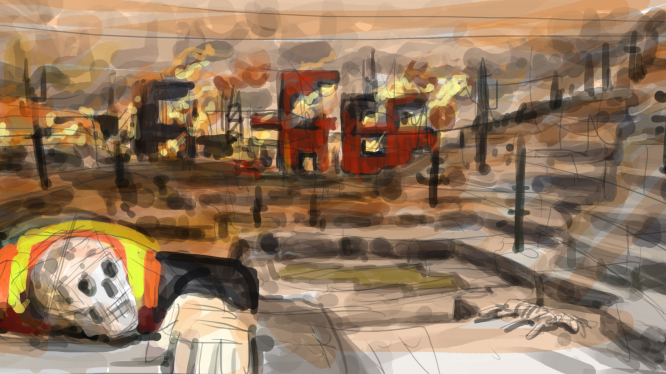
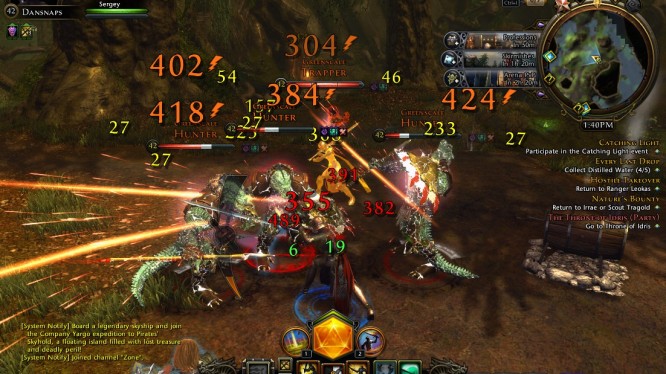
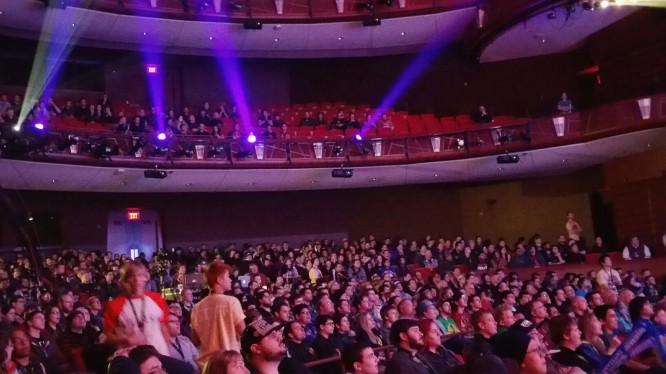
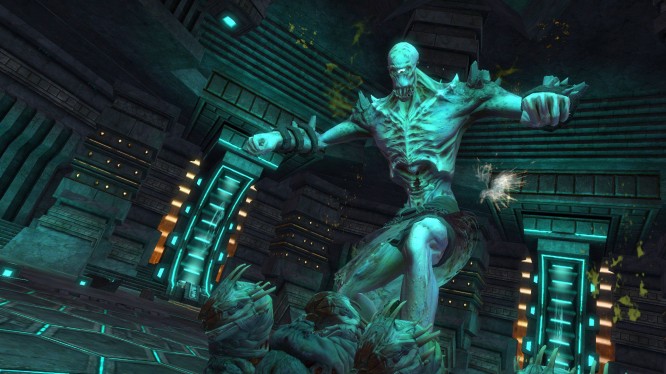
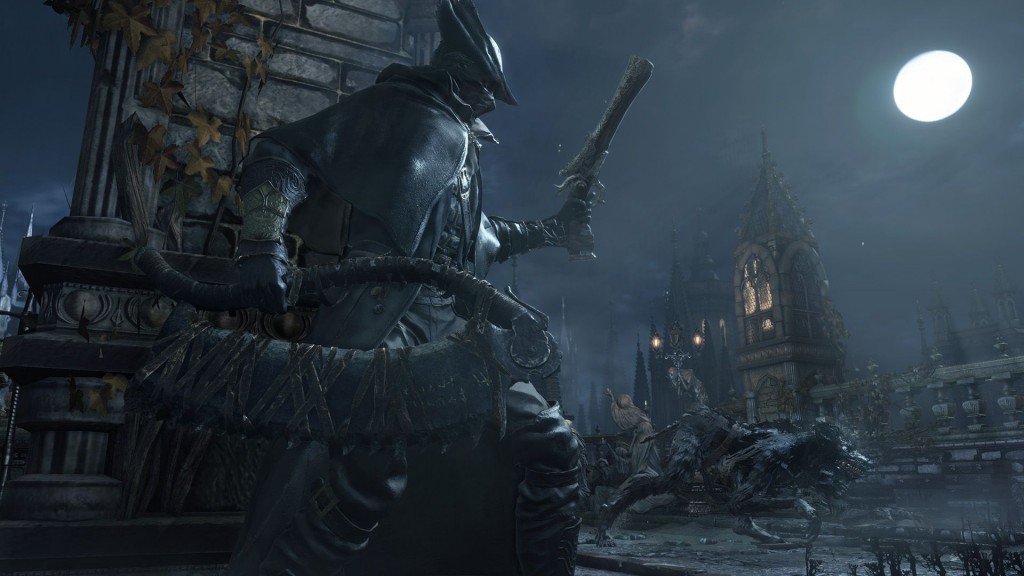 Bloodborne Guide: How To Create Chalice Dungeon, Use Makeshift Altar and Do Co-op
Bloodborne Guide: How To Create Chalice Dungeon, Use Makeshift Altar and Do Co-op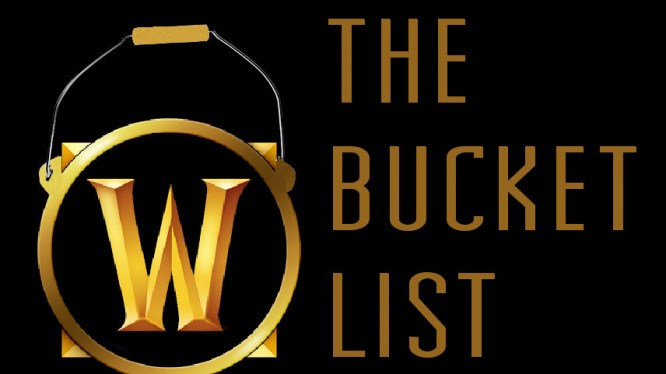 WoW Wednesday: 5 Things to Do While 6.2.2 is Current .
WoW Wednesday: 5 Things to Do While 6.2.2 is Current .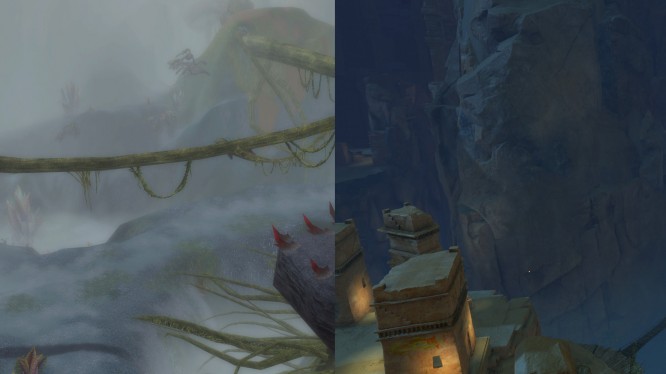 Tyria Then and Now: Maguuma Jungle Part 2 .
Tyria Then and Now: Maguuma Jungle Part 2 . Bel's Blog Bonanza - February 13, 2015 .
Bel's Blog Bonanza - February 13, 2015 . Grepolis: Become a Hero and Conquer the World
Grepolis: Become a Hero and Conquer the World